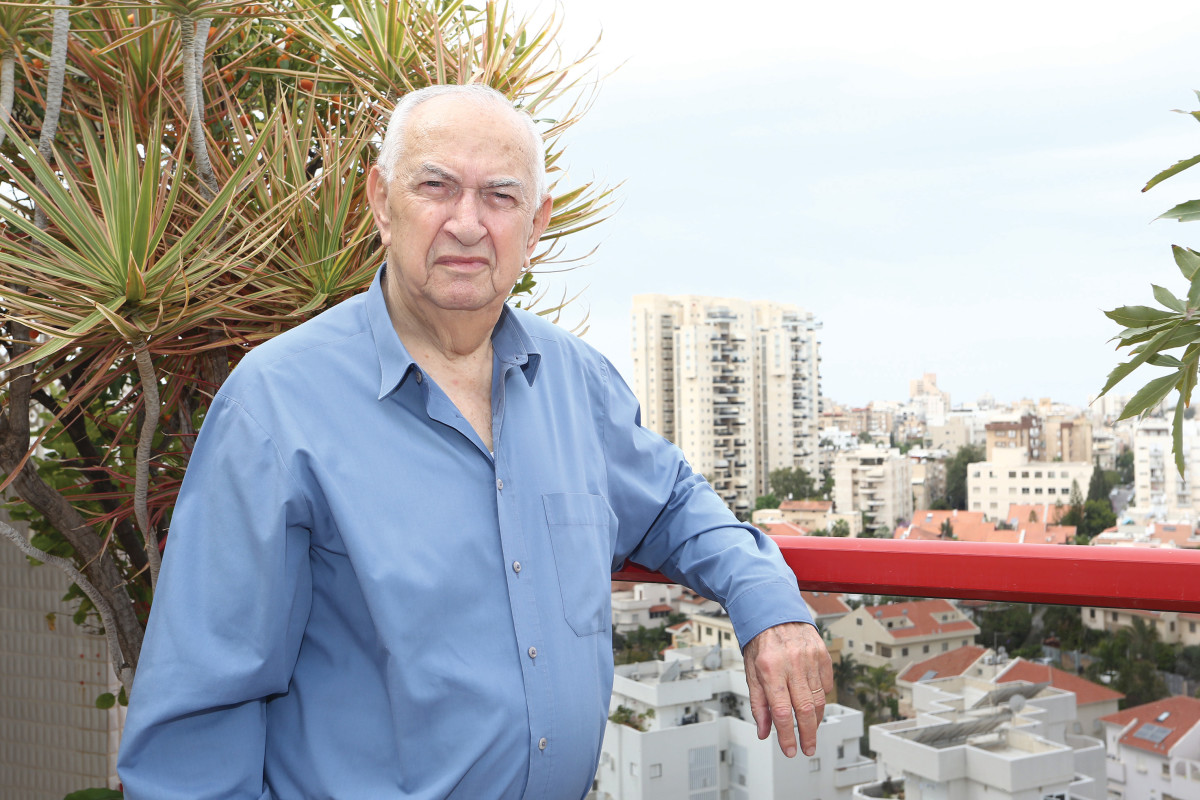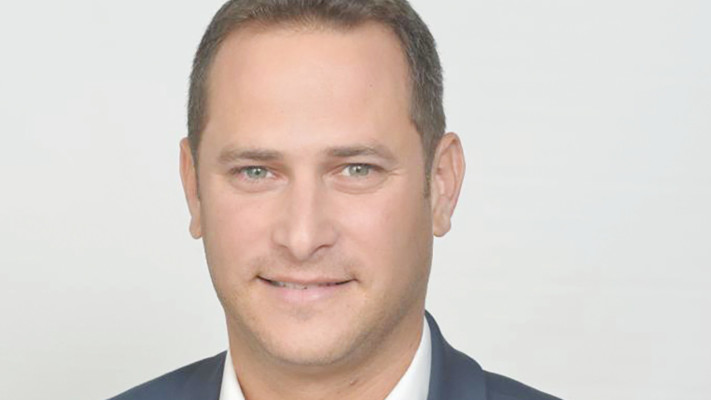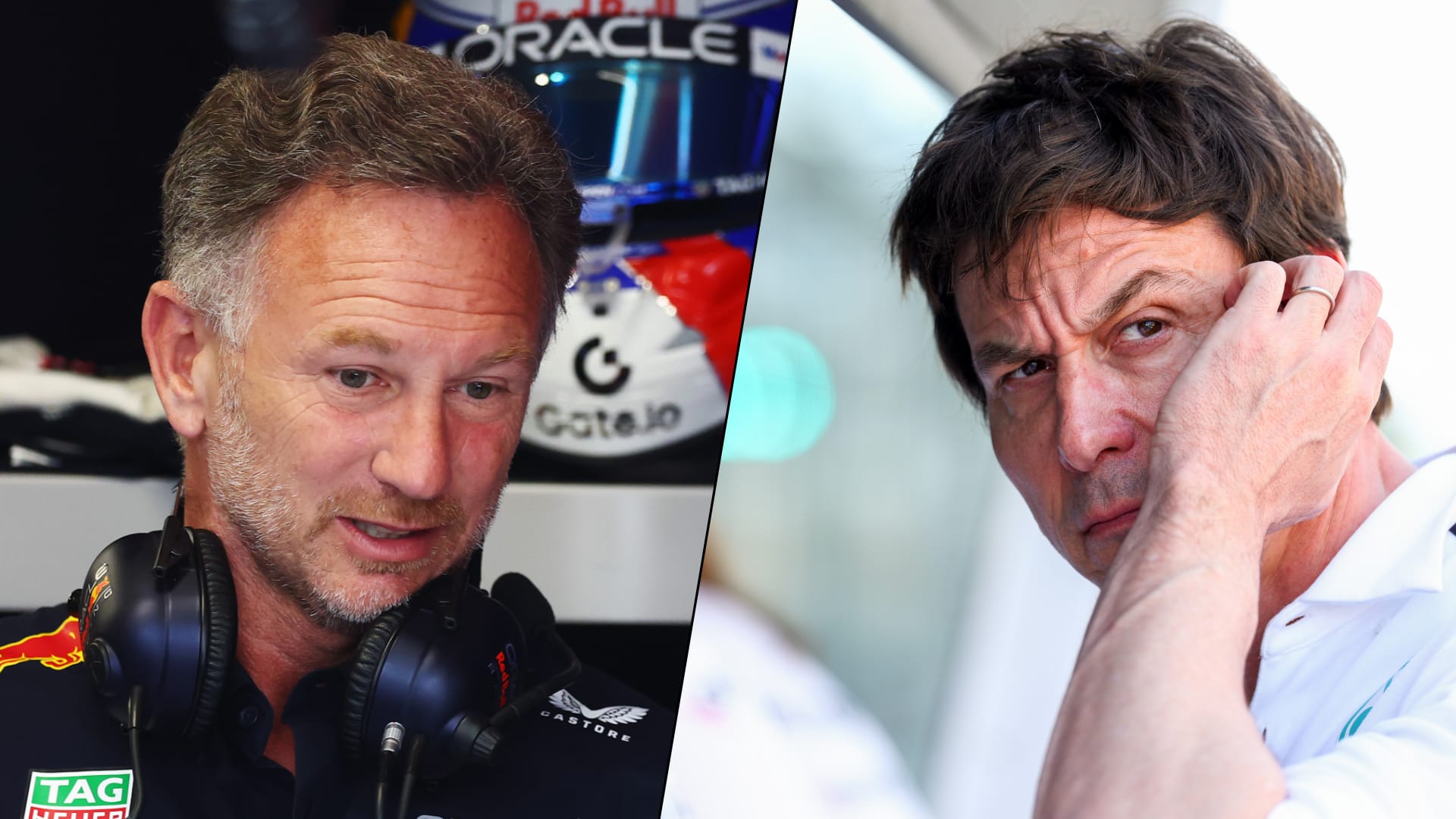“אבל כבד בראשון לציון: ראש העיר המיתולוגי שכיהן 25 שנה הלך לעולמו”
מאיר ניצן ז״ל היה אמור לחגוג את יום הולדתו ה-95 בחודש הבא, אך למרבה הצער הלך לעולמו היום (שבת). ניצן ז”ל הותיר אחריו אישה – נעמי, שתי בנות – דורית ויעל, נכדים ונינים. הלווייתו תתקיים ביום שני ה-21.4.25 בראשון לציון. בעיריית ראשון לציון פרסמו הודעה על לכתו ודברי הספד מרגשים של ראש העיר הנוכחי, רז קינסטליך.
ניצן ז״ל כיהן כראש עיריית ראשון לציון 25 שנים, בין השנים 1983 ל-2008, ונחשב לראש עיר אהוב במיוחד. הוא אף זכה לחנוך בחייו את היכל התרבות בעיר שנקרא על שמו, עם תחילת כהונתו של ראש העיר המכהן רז קינסטליך, שהיה חברו הקרוב.
ראש עיריית ראשון לציון הנוכחי, רז קינסטליך, ספד לו: “עיריית ראשון לציון ותושביה כואבים את לכתו של ראש העיר המיתולוגי, מאיר ניצן ז”ל. במשך כ-25 שנות כהונתו כראש עיר הוא הוביל את ראשון לציון לצמיחה אדירה והניח יסודות לפיתוח מתמשך. עד היום אנו נהנים מפרי פועלו של אדם שידע לראות רחוק ולפעול באחריות, חזון ונחישות”.
״מאיר היה פורץ דרך, מנהיג אמיתי ודמות מוערכת שחותמה יישאר חרוט בלב העיר עוד שנים רבות וגם מורי ורבי וחברי הקרוב. בזכות מאיר ז״ל התאהבתי בתפקיד הזה, לאורו הלכתי והמשכתי להתייעץ איתו ולספוג מחכמתו, עד כמעט יומו האחרון. בעירייה נערכים ללוויה שתוקיר את פועלו”, הוסיף קינסטליך.
Have any questions or want help? Contact us here. For extra insights, go to our website.
Learn More…










